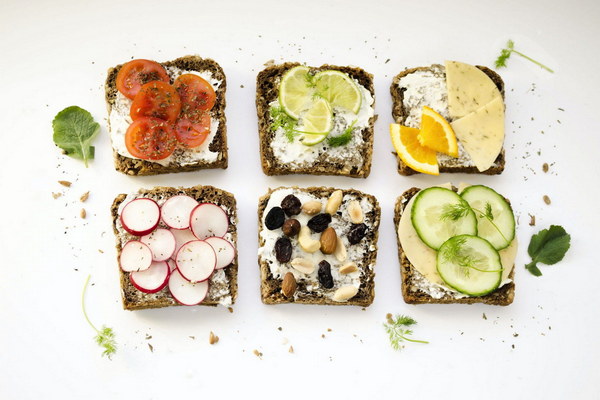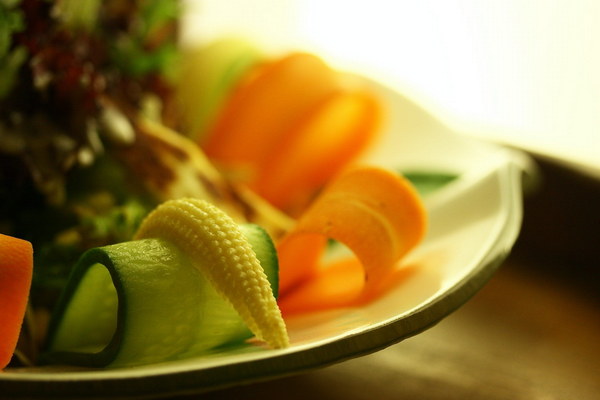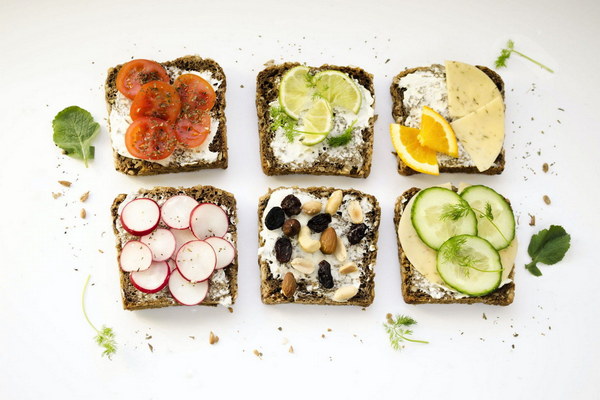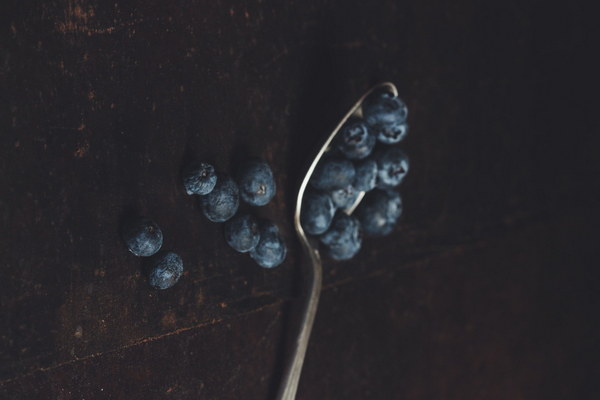Can Common Chicken Boost Your Blood and Qi
Common chicken, a staple in many diets around the world, has been long revered for its nutritional benefits. But can this everyday poultry really boost your blood and Qi? In this article, we will explore the traditional beliefs and scientific research behind the claim that common chicken can help improve your overall health by enhancing your blood and Qi.
Blood and Qi are two vital components in traditional Chinese medicine (TCM), which aim to maintain the body's balance and harmony. Blood is considered the substance that nourishes and protects the body's tissues and organs, while Qi is the vital energy that flows through the body, providing warmth, strength, and vitality. TCM practitioners believe that a healthy balance of blood and Qi is essential for good health and longevity.
According to TCM, common chicken is a nourishing food that can help tonify the blood and Qi. It is believed that the high protein content in chicken can help replenish the body's blood supply, while the minerals and vitamins present in the meat can support the overall health of the body. Moreover, chicken is considered to have a warm nature, which aligns with the concept of Qi, making it an excellent food for those with cold or deficient Qi.
Traditional Chinese recipes often include chicken in soups and stews, which are believed to be more effective in nourishing the body's blood and Qi compared to eating chicken in other forms. These chicken-based dishes are typically seasoned with herbs and spices that have been used in TCM for centuries, such as ginger, Chinese dates, goji berries, and astragalus root. These ingredients are thought to enhance the healing properties of chicken, making it an even more potent remedy for blood and Qi deficiencies.

While traditional beliefs in the benefits of common chicken for blood and Qi are well-documented, scientific research has also provided some evidence to support these claims. Chicken is rich in essential nutrients such as protein, vitamins B6 and B12, iron, phosphorus, and zinc. These nutrients play a crucial role in maintaining healthy blood levels and supporting the body's immune system.
Protein is the building block of muscles and tissues, and a deficiency in protein can lead to weakened blood vessels and decreased red blood cell production. By consuming chicken, which is high in protein, individuals can help ensure that their bodies produce enough red blood cells to transport oxygen and nutrients throughout the body.
Iron is another vital nutrient that plays a crucial role in the production of hemoglobin, the protein responsible for carrying oxygen in the blood. Chicken is a good source of heme iron, which is more easily absorbed by the body than non-heme iron found in plant-based foods. Therefore, incorporating chicken into your diet can help combat iron deficiencies and improve overall blood health.
Moreover, vitamins B6 and B12 are essential for the production of red blood cells and the maintenance of a healthy nervous system. These vitamins also play a role in the metabolism of amino acids, which are the building blocks of proteins and other essential molecules in the body.
In conclusion, while the traditional belief that common chicken can boost your blood and Qi has a strong foundation in TCM, scientific research also supports the notion that consuming chicken can have a positive impact on your overall health. With its high protein and nutrient content, chicken can help maintain healthy blood levels, support the immune system, and provide a source of energy. However, it is essential to consider other factors, such as individual dietary needs and health conditions, when incorporating chicken into your diet. As with any dietary change, it is recommended to consult with a healthcare professional before making significant adjustments to your eating habits.









